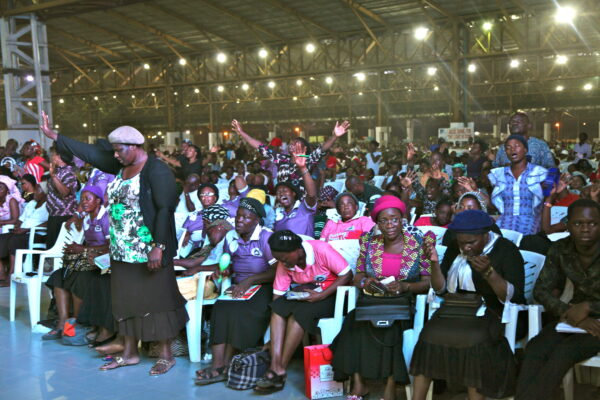An overwhelming majority of indigenous churches with active social programs in the developing world are Pentecostal or Charismatic, sociologists Donald E. Miller and Tetsunao Yamamori found in their book Global Pentecostalism: The New Face of Christian Social Engagement. Pentecostals and Charismatics for Peace and Justice interviewed CRCC founder Don Miller about what their term “Progressive Pentecostal” means;
The stereotype about Pentecostals is that they are focused exclusively on salvation and not social transformation. In our research, this was a false dichotomy since we encountered many Pentecostal and charismatic congregations that were engaged with their local community, addressing issues related to poverty, drug addiction, mental illness, corruption, etc. It is relatively rare that Pentecostals are addressing social policy issues at a political level and, unfortunately, they have sometimes supported right-wing dictators.
However, as Pentecostals become more educated, they are beginning to understand the structural origins of poverty rather than simply responding to immediate needs related to food and shelter. Some of the social lift experienced by Pentecostals is indirect—they give up alcohol, womanizing and gambling, which then enables them to have surplus capital to invest in education or small scale businesses. Also, Pentecostals oftentimes move into management positions because they are deemed by employers to be honest and hard working.
Miller also addresses the diffierences between Pentecostals in the U.S. and developing countries: “The visionaries will come from the Global South, not the charlatans from the United States who have aligned with conservative political ideologies.”
Click here to read the full interview.






